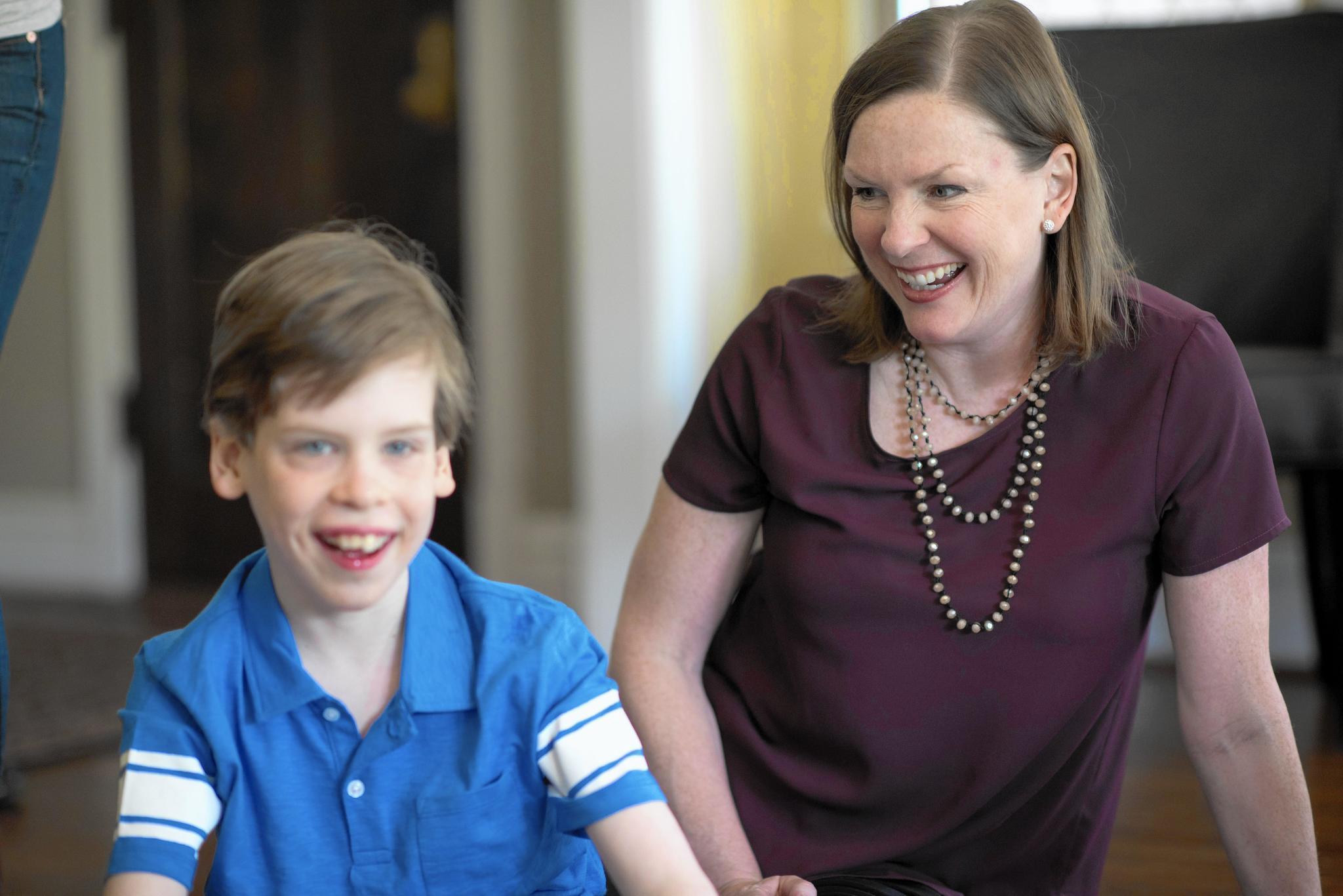Rare Genetic Disorder Makes Daughters Near-Genetic Twins With Their Father
If you ever took 7th grade biology, you would be at least somewhat familiar with meiosis, aka the process in which a new cell is formed with combined genetic material from both the mother and the father. At the end of the process, the newly-formed cell will receive 23 chromosomes from the mother, and 23 from the father.
But in the rare disorder Mosaic Genome-Wide Paternal Uniparental Isodisomy, that is no longer the case.
Isodisomy refers to an error in meiosis in which a cell inherits two identical copies of a whole or part of a chromosome from one parent, instead of one from each. Disomies, which occur during the early formation of the embryo, are thought to be caused by three distinct mechanisms: trisomy rescue – a condition in which a third copy of a chromosome is formed, and one of the copies is lost through the process of mitosis, monosomy duplication, in which a single copy of a chromosome is duplication due to nondisjunction (improper separation of chromosomes), or gamete complementation, in which a sperm or egg cell that is missing a chromosome happens to pair up with one containing double the amount of that chromosome.
However, in GWpUPI, this is true for not just one set of chromosomes, but almost every set of chromosomes. This often leads to cancer, depending on certain chromosomes that are or are not affected. For instance, in chromosome 11p15, one can present with hypoglycemia, Beckwith-Wiedeman Syndrome, and tumor growth, while an affected chromosome 6 can cause transient neonatal diabetes.
But while no cases of complete uniparental disomy, in which non-identical complete homologous pairs from one parent are inherited, have ever been reported alive, there have been 25 cases of GWpUPI reported – all female – that were all alive.

In a 2013 study on three girls with the disease, researches found that they were all born prematurely, in addition to presenting with hyperinsulinism and hemihyperplasia; all three subjects developed tumors. A longer-term study had shown that tumors in GWpUPI cases lasted well into adulthood.
However, an 11-year old girl from the Czech Republic has just been named the first in the world to have inherited this condition without the presence of cancer. Interestingly, though, the girl did develop hearing difficulties at around three months of age, and does present with mild hemihyperplasia, a telltale sign of the condition.

Although researches are not quite certain about the cause of the disease, they have speculated that it is due to a post zygotic mechanism relating to the replication of the maternal genome; further studies hope to identify the precise cause.




